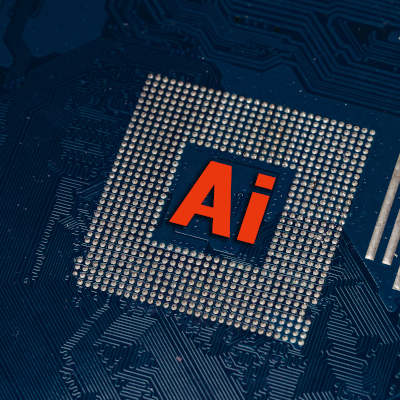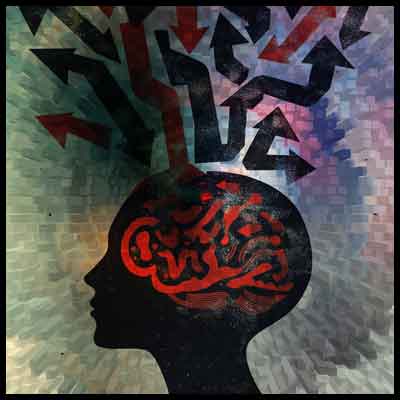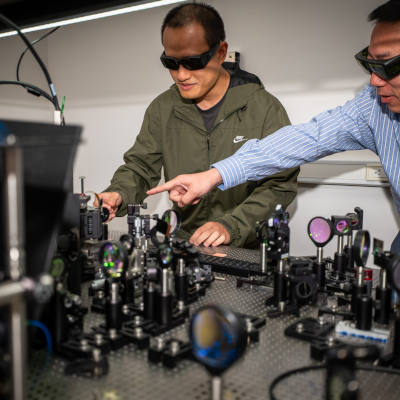Digital Resurrection: Chinese Mourners Embrace AI to Reconnect with the Departed
Dec. 15, 2023.
2 mins. read.
Interactions
?? In China, AI resurrects the departed ??. Bereaved create digital avatars to reconnect with loved ones, blurring life and virtual reality. Ethical questions arise ??. #AIAfterlife #DigitalResurrection ?️??
Virtual Comfort in Times of Loss In a remarkable blend of grief and technology, bereaved individuals in China are turning to AI to create lifelike avatars of their loved ones who have passed away. Seakoo Wu, a grieving father, represents this new wave of mourners. Using his phone, he plays a recording at his son’s grave, generated by AI, featuring words his son never spoke. This poignant moment encapsulates the deep emotional connection these digital recreations provide.
The Quest for a Virtual Reunion Wu’s ambition goes beyond mere recordings. He envisions creating a fully realistic virtual replica of his son, Xuanmo, who passed away while studying in Britain. With this advanced technology, he hopes to synchronize reality and the metaverse, effectively bringing his son back into his life in a virtual form.
The Rise of ‘Ghost Bots’ and AI Avatars In China, companies like AI firm Super Brain are capitalizing on this need by offering to create basic avatars of deceased loved ones for a fee. With a turnaround time of about 20 days, these digital personas are crafted using audiovisual material of the deceased. This service extends beyond the deceased to include living individuals who can’t be physically present, showcasing the diverse applications of this technology.
Ethical and Psychological Implications While these AI creations offer solace to the bereaved, they also raise ethical and psychological questions. Researchers and philosophers are calling for more studies to understand the implications of creating AI versions of the dead. Issues of consent and the fidelity of these ‘ghost bots’ to the personalities they mimic are central concerns. For instance, how accurately can these AI entities represent the deceased, and what are the ramifications of potential deviations?
Navigating the Ethical Landscape Experts like Nate Sharadin, a philosopher specializing in AI, highlight the need for consent in certain aspects of these digital recreations. Super Brain’s founder, Zhang Zewei, acknowledges the dual nature of technology but emphasizes the potential benefits for those in need. He carefully avoids cases where the technology could have adverse effects, illustrating the delicate balance required in this emerging field.
A Glimpse into the Future As the technology advances, the prospect of reuniting with lost loved ones in the digital realm becomes more tangible. For Wu, this brings hope of a future reunion in the metaverse, a thought that offers both comfort and a glimpse into a future where the boundaries between life, death, and digital existence are increasingly blurred.
Interesting story? Please click on the ? button below!
SOURCE: Chinese Mourners Use AI To Digitally Resurrect The Dead | Barron’s (barrons.com)


.png)

.png)


.png)




0 Comments
0 thoughts on “Digital Resurrection: Chinese Mourners Embrace AI to Reconnect with the Departed”